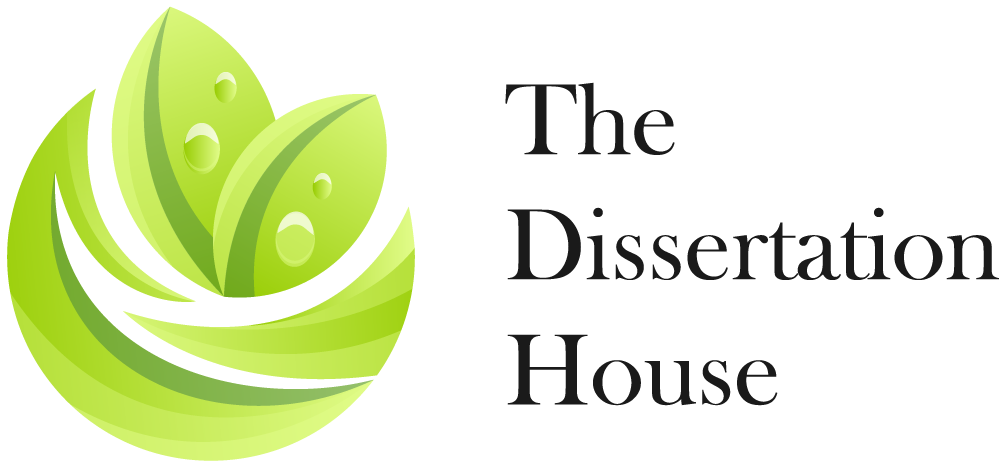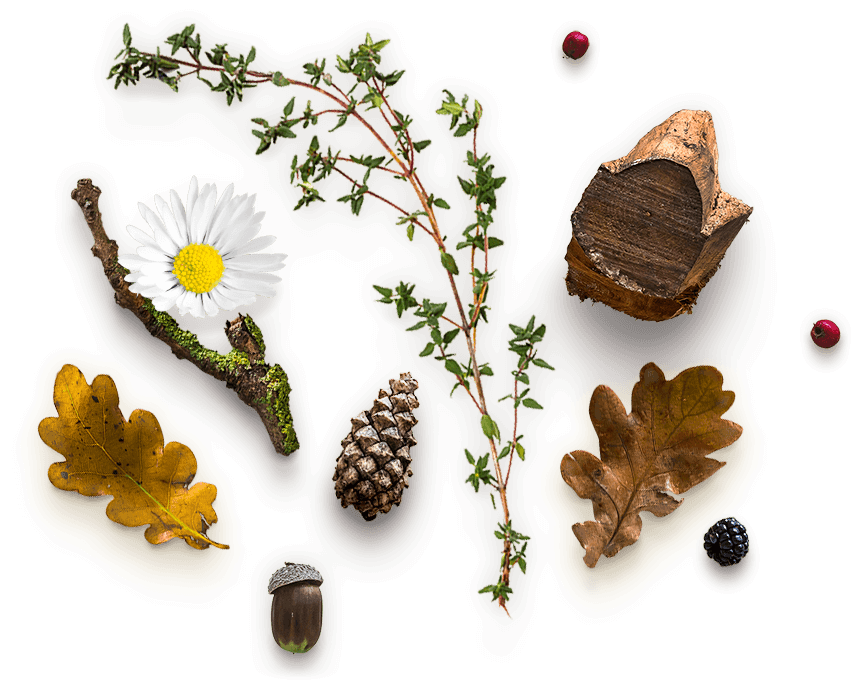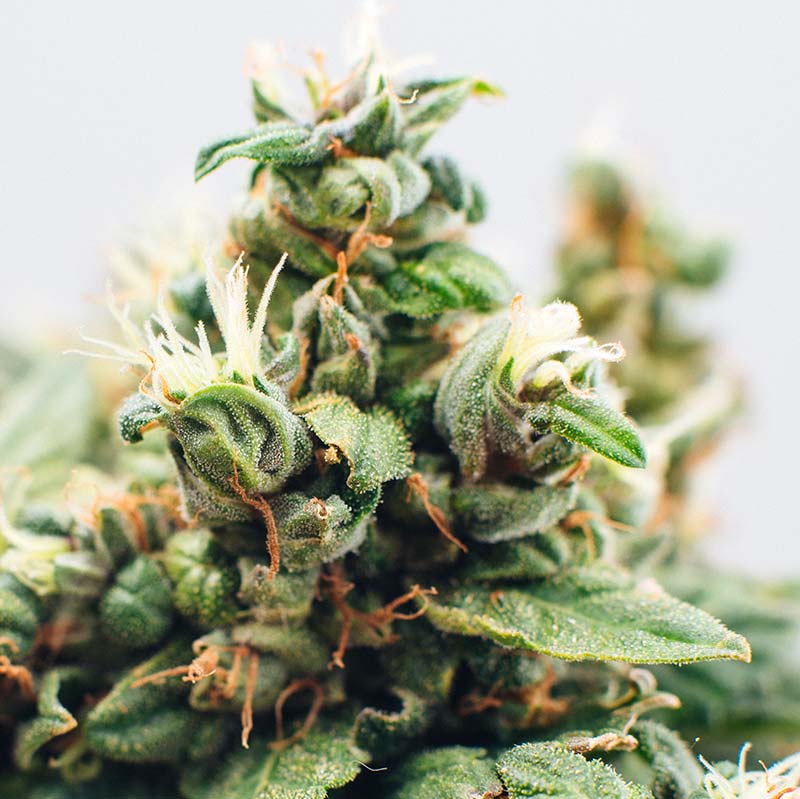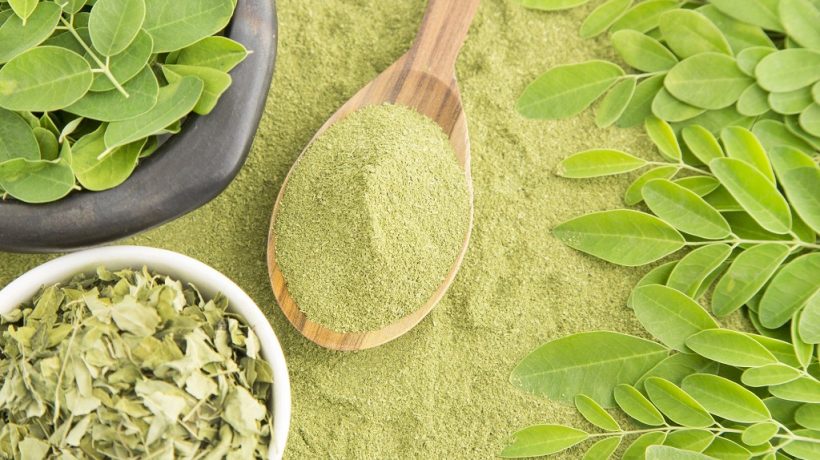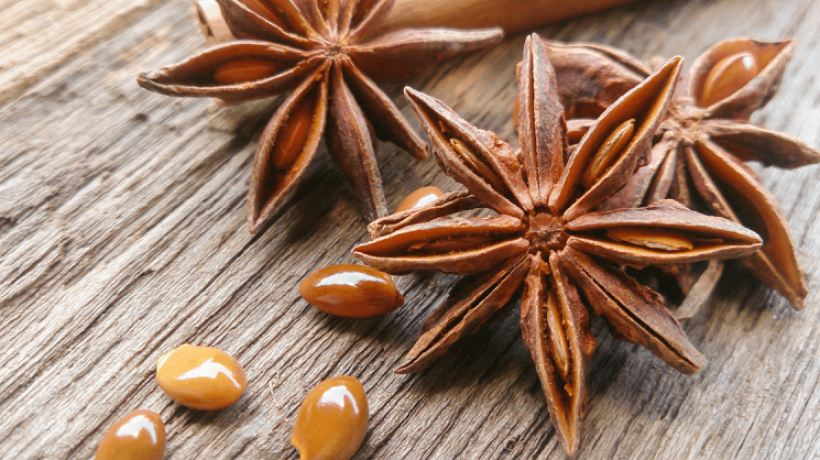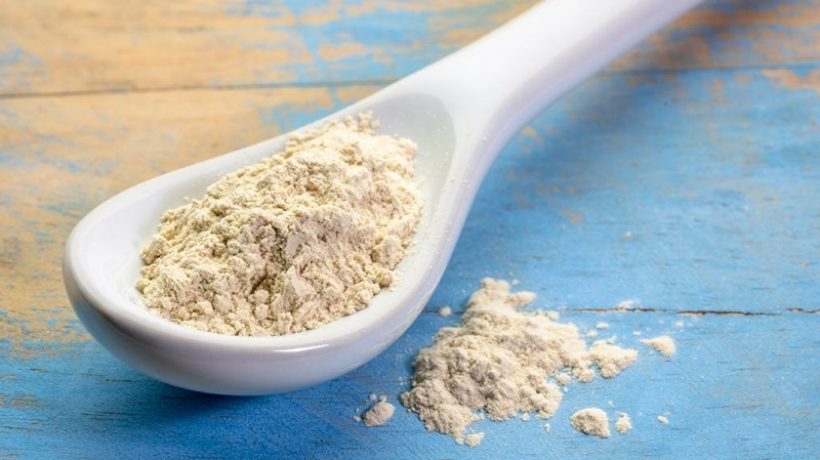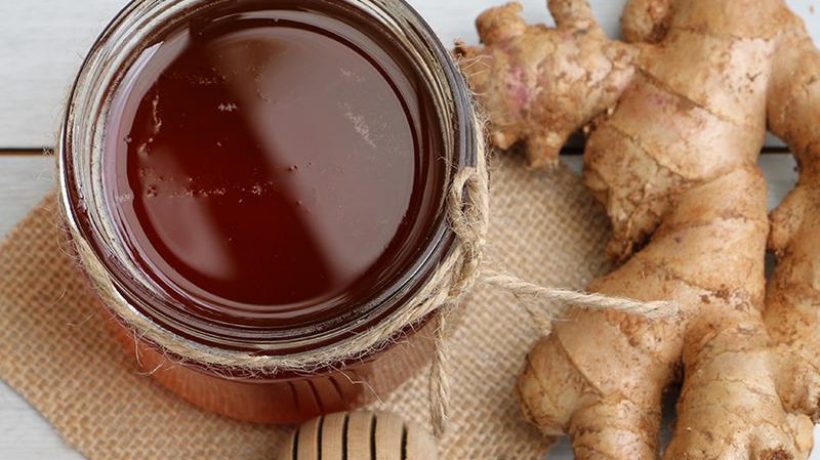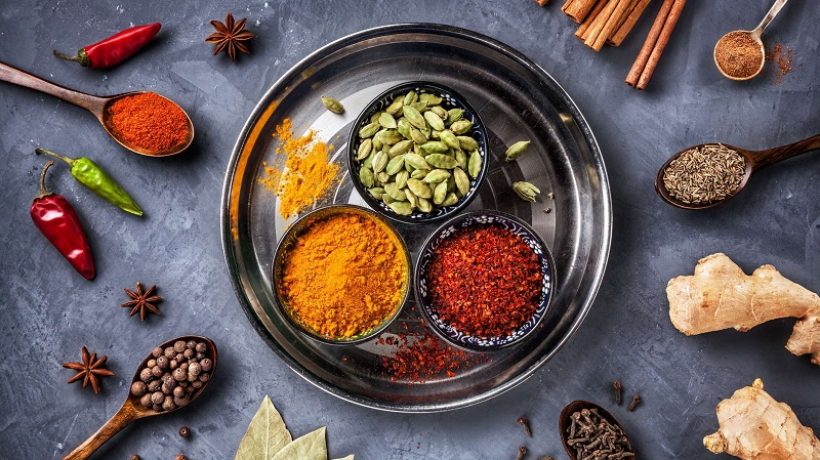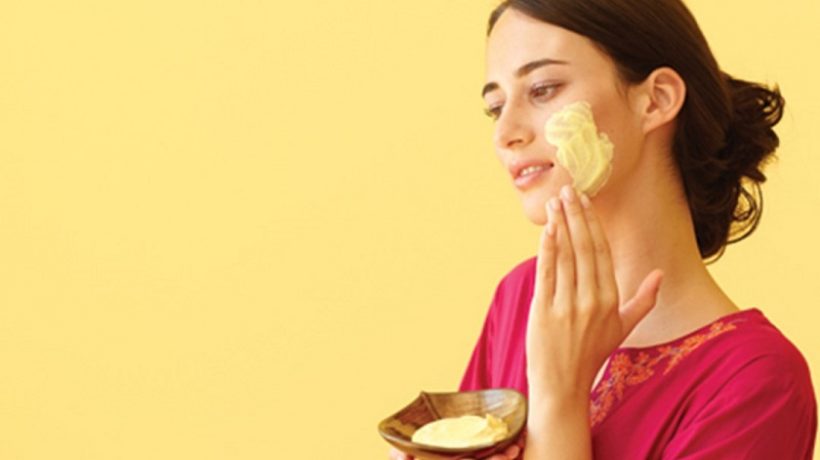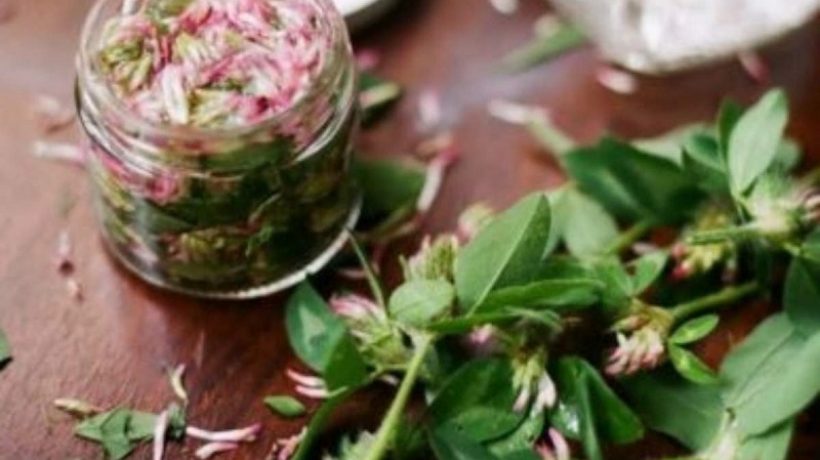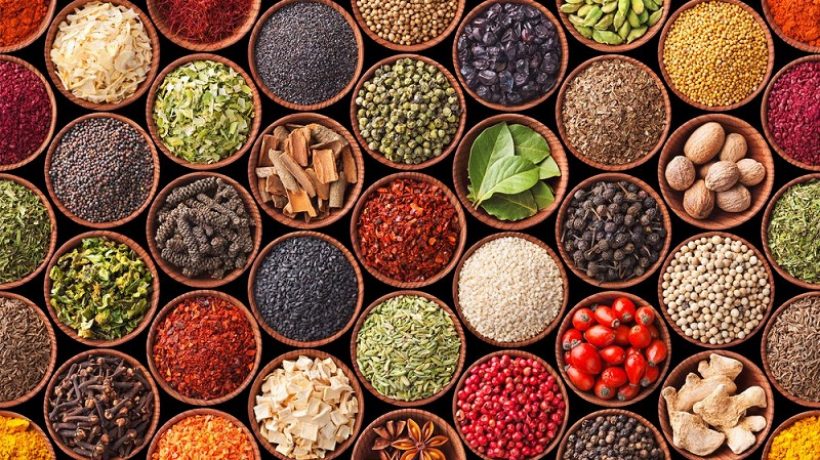Diet, stress, environmental pollution, and chemicals in hair products can lead to hair thinning, damage and graying. Excessive consumption of caffeinated and sugar-containing beverages also contributes to hair loss. Unfortunately, we forget too often that our body’s fuel is food, which also affects our hair’s health. Stress and anxiety can then lead to a hormonal imbalance that leads to hair loss. Let’s find out more about the herbs for hair growth.
Herbs for hair growth
1. Almond oil:
In South Asia, one of the most popular hair oils is almond oil. Almond oil contains various hair nutrients such as Omega-3 fatty acids, phospholipids, vitamin E and magnesium. Almond oil nourishes, moisturizes and strengthens the hair. Due to the nutrient density is optimal for treating hair loss (or controlling hair loss) and treating damaged hair. However, almond oil does not increase hair volume, but it can increase hair length and shine, reduce split ends, eliminate dandruff, and reduce inflammation of the scalp.
2. Aloe Vera:
There are only a few natural ingredients known to help with hair growth and Aloe Vera is one of them, along with castor oil, fenugreek and cedar essential oil. Aloe vera contains vitamins A, C, E, B1, B2, B3, B6, B12 and folic acid. It is also rich in minerals such as calcium, magnesium, zinc, iron, and selenium. It is a natural moisturizer that reduces dryness and dandruff (by removing dead cells) and maintains the pH balance of the scalp, detangles curly hair and is great for oily hair. Aloe Vera is rich in antioxidants and contains antimicrobial and anti-inflammatory properties that make it ideal for treating hair loss. Aloe vera can be used as a pre-shampoo treatment.
TIP: Apply aloe vera gel on the scalp 15 minutes before showering.
3. Castor oil:
Castor oil is an age-old remedy for preventing hair loss or promoting hair regrowth. This is because castor oil can improve circulation and increase blood flow. It has anti-inflammatory and antimicrobial properties. Castor oil is one of the few natural ingredients that stimulate hair growth, moisturizes it, adds shine and prevents hair loss by thickening the hair. It also makes them grow faster and fights dryness and dandruff. Castor oil contains Omega 9 essential fatty acids, Vitamin E, oleic acid, enzymes, and minerals, making it an amazing remedy. Cold-pressed, unrefined and extra virgin is best for hair health.
TIP: Castor oil is very thick so you need to apply it together with another oil of your choice (e.g., 3 tablespoons of castor oil, 1 tablespoon of almond oil, 1 tablespoon of coconut oil). Heat the mixture in a double boiler, apply it to the hair from root to tip and let it sit for at least thirty minutes. Then rinse thoroughly.
4. Coconut oil:
Oils are “food” for hair … Coconut oil is one of the best as it is refreshing and rich in vitamins E and K, lauric acid, and minerals Coconut oil contains anti-fungal, anti-viral and antibacterial properties and is rich in antioxidants. Coconut oil promotes hair growth, fights with dryness, dandruff, scalp infections and fungi, protects hair from sun damage, as well as brightens it.
Better to buy organic, cold-pressed, extra virgin coconut oil.
TIP: apply it as a moisturizing and restructuring pack by heating about 50ml of oil and massaging it into the hair, starting from the scalp and then continuing along the entire length as a normal conditioner. Leave it on for at least half an hour, depending on the dryness of your hair and wash it normally, possibly with a mild shampoo.
5. Brahmi:
A true Ayurvedic gem… Brahmi is used in Ayurveda to nourish and prevent hair loss. Massaging the head with Brahmi oil increases blood circulation in the scalp and makes the hair roots stronger. Brahmi oil is used to treat scalp dry and flaky dandruff. Brahmi used as a powder for a mask or as oil can reduce premature graying, hair loss, promote hair density, shine and treat scalp irritation.
6. Bhringraj:
Another Ayurvedic hair herb is Bhringraj used in many popular hair oils. It is an amazing remedy for graying. Bhringraj is used to control hair loss, encourage new hair growth, strengthen hair follicles, fight dandruff, improve hair color and texture. It also improves sleep and fights skin allergies. Bhringraj can be used as hair oil or as a powder in hair masks.
7. Fenugreek:
Fenugreek or Methi is a well-kept secret in natural medicine for hair growth. Fenugreek or methi prevents hair loss, promotes hair growth, eliminates dandruff and soothes dry, itchy scalp. Methi contains protein, vitamin C, iron, potassium and lecithin, all of which are great for strong hair follicles, improve hair growth and make hair shiny.
8. Tulsi:
Contains many vitamins and minerals, especially vitamins A, K, C, folate, copper, iron, calcium and manganese. Tulsi has many antioxidant properties and improves circulation by increasing blood flow. Tulsi takes care of dry, brittle and damaged hair, fights dry, itchy, graying scalp, strengthens hair and promotes hair growth.
TIP: Apply dried powdered leaves mixed with yogurt for a great hair mask.
9. Amla:
One of the most popular herbs in Ayurveda is an amazing hair tonic. Amla can be squeezed or dried in the hair mask. Amla oil is extremely popular in India or Southeast Asian countries as hair oil. Amla contains several vitamins, minerals and antioxidants. Amla can prevent hair loss, hair graying, fight dry scalp, dandruff, strengthen hair follicles, and increase circulation, promoting hair growth. Amla possesses anti-inflammatory, antimicrobial properties and has a cooling effect. Amla oil relieves irritation and infections of the scalp. The high nutrient content in Amla increases shine and nourishes the hair.
10. Jatamansi:
It is an Ayurvedic herb that can calm the nerves and mind required for strong hair follicles and prevent hair loss. Add Jatamansi powder for hair masks. Jatamansi also promotes relaxing and blissful sleep. Jatamansi is also known to prevent premature graying. Jatamansi oil is available in Ayurvedic stores and almond oil, making it a great hair care product.
11. Curry Leaves:
In Ayurvedic medicine curry infused oil is very popular for hair growth, strong, shiny, thick hair. Curry leaves soften hair, reduce scalp infections, block premature graying, and have antibacterial effects. It is high in antioxidants such as vitamins A, C, E, folic acid and minerals such as iron.
12. Ritha:
Southeast Asians use Ritha, or Reetha, as a natural shampoo, cleanser, and conditioner. Ritha helps prevent hair loss, adds volume and shine. Ritha can be used as a totally natural shampoo. Ritha also fights dandruff and dry scalp contains antibacterial, antimicrobial and anti-fungal properties that help fight lice.
TIP: Ritha is available in powdered form, as amla and shikakai (100 grams of each herb) can be boiled in two liters of water. Boil until the water in the saucepan is halved. Water can be used as a shampoo. For dark hair, make a paste with water and equal parts of henna and Ritha.
13. Shikakai:
Shikakai, an Indian word, literally means fruit for the hair and offers numerous specific benefits for hair health. Shikakai is used for hair cleansing, promoting hair growth, preventing dandruff and strengthening hair follicles. Powdered shikakai is generally mixed with water to make a paste and applied to the scalp and hair to use as a conditioner. Shikakai has a low pH level, so when you use it to clean your hair, it doesn’t damage your hair or deprive it of its natural oils.
14. Hibiscus Flower:
This is an amazing flower for hair health when used fresh or dried. Hibiscus contains many vitamin C and A, iron and has anti-inflammatory, antioxidant and antibacterial properties. Making herbal hair masks with hibiscus flower paste or infused hibiscus oil can cure hair loss, dandruff, improve hair shine, hair and promote hair regrowth. Note that both the flower and the leaves can make a paste for a hair mask, but the flowers can contain more than just nutrients. Hibiscus is also known to stop graying.
TIP: Add fenugreek (methi) or yogurt in the same paste for a mask to combat dandruff.
15. Neem:
Known and widespread above all as oil, neem oil is the best remedy to combat dandruff, dryness and lice (antimicrobial properties). Neem oil prevents hair loss and promotes hair growth.
TIP: Add powdered neem, tulsi and amla to fight dry hair and eliminate dandruff problems.
16. Apple cider vinegar:
Apple cider vinegar has many known benefits for treating hair and scalp. Many people use apple cider to rinse their hair for stronger, shinier hair. Apple cider vinegar is used to prevent split ends, stimulate hair growth, reduce frizz, detangle and clean hair. There are many natural shampoos, hair rinse, or hair mask recipes that use apple cider vinegar. Apple cider vinegar that contains natural culture (also known as mother) is best to use. It has antibacterial, anti-fungal and acetic acid properties, which help balance the pH level of our scalp.
